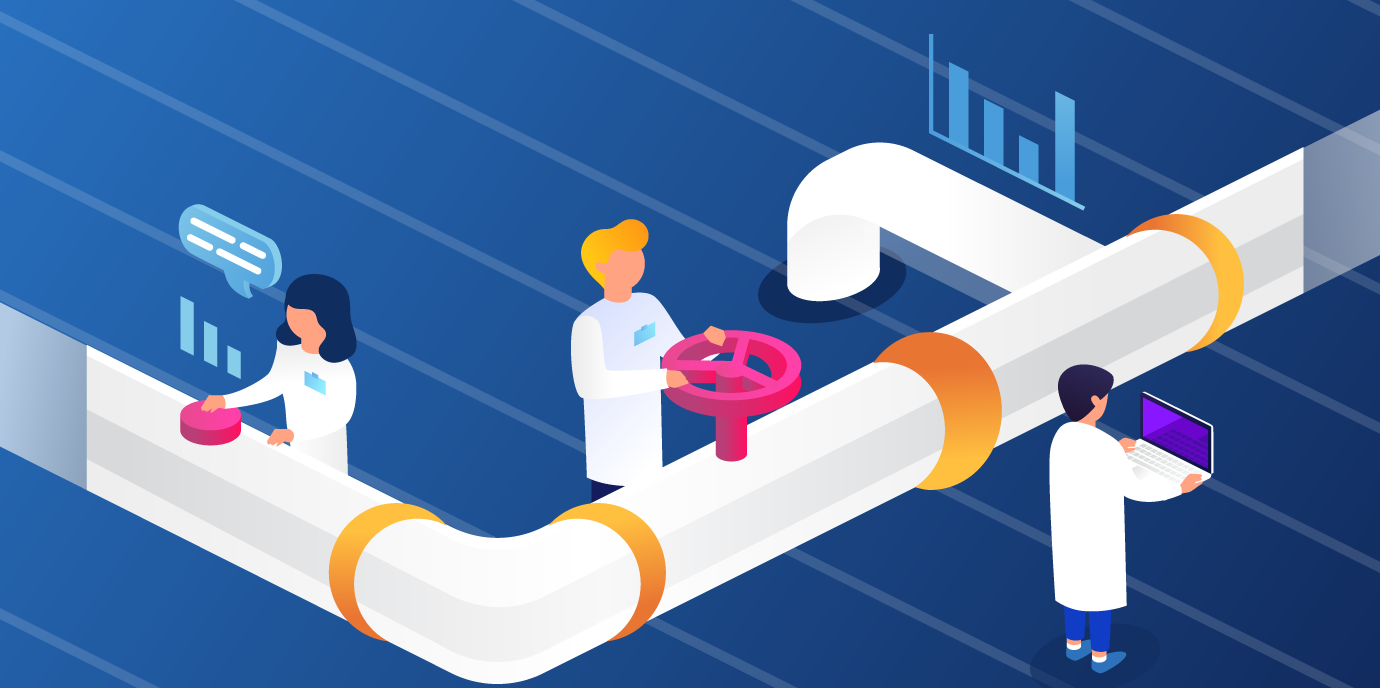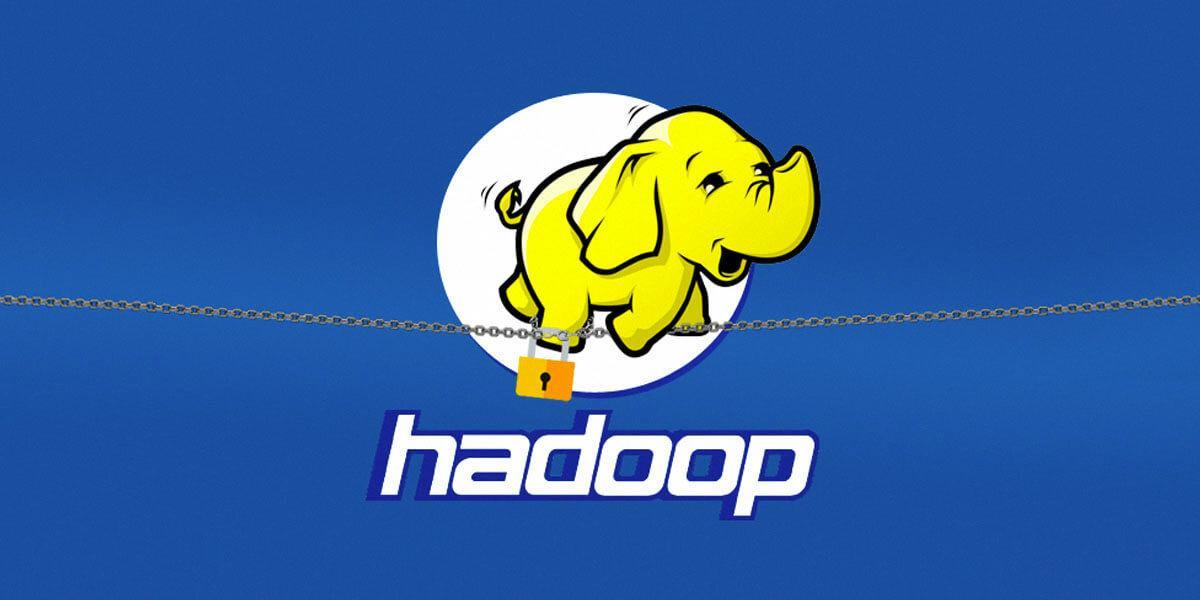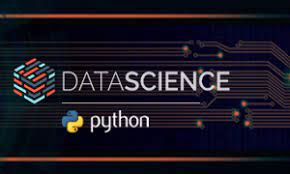Description
Introduction
Data engineering is the backbone of modern data-driven decision-making, enabling organizations to collect, process, and analyze vast amounts of data. As companies increasingly rely on large datasets for insights, the need for skilled data engineers who can design, build, and maintain scalable and efficient data pipelines is crucial. This course covers the essential skills and tools required to become proficient in data engineering, focusing on building robust data pipelines that ensure the seamless flow of data from diverse sources to analytics systems.
Throughout this course, you’ll explore the entire lifecycle of data engineering, from ingesting raw data to transforming and storing it in a way that makes it accessible and useful for business intelligence and machine learning. You’ll gain hands-on experience with tools such as Apache Kafka, Apache Airflow, and cloud-based platforms, which are pivotal in creating modern, high-performance data architectures.
Prerequisites
- Basic understanding of SQL and database management.
- Familiarity with Python or another programming language.
- Knowledge of cloud platforms (AWS, Azure, or Google Cloud) is beneficial but not required.
- A system with Python and necessary packages (e.g., Pandas, PySpark) installed.
Table of Contents
- Introduction to Data Engineering
1.1 What is Data Engineering?
1.2 The Role of a Data Engineer
1.3 Overview of Data Pipelines
1.4 Data Engineering vs. Data Science - Understanding Data Pipelines
2.1 What is a Data Pipeline?
2.2 Components of a Data Pipeline
2.3 Types of Data Pipelines
2.4 Key Considerations for Building Pipelines - Data Ingestion Techniques
3.1 Batch vs. Stream Processing
3.2 Tools for Data Ingestion (e.g., Kafka, Flume)
3.3 Real-Time Data Ingestion with Apache Kafka
3.4 Handling Data from APIs and Web Scraping - Data Transformation and Processing
4.1 Introduction to Data Transformation
4.2 ETL (Extract, Transform, Load) vs. ELT
4.3 Data Processing Frameworks (e.g., Apache Spark, Apache Flink)
4.4 Building Custom Transformations with Python - Data Storage and Management
5.1 Relational vs. NoSQL Databases
5.2 Choosing the Right Storage for Different Data Types
5.3 Cloud Storage Solutions (e.g., AWS S3, Google Cloud Storage)
5.4 Data Warehousing (e.g., Redshift, BigQuery) - Orchestrating Data Pipelines
6.1 Introduction to Workflow Orchestration
6.2 Tools for Orchestration (e.g., Apache Airflow, Prefect)
6.3 Scheduling and Automating Pipeline Jobs
6.4 Handling Errors and Failures in Pipelines - Ensuring Data Quality
7.1 The Importance of Data Quality
7.2 Data Validation and Cleansing
7.3 Monitoring Data Pipeline Health
7.4 Logging and Debugging Data Pipelines - Scaling Data Pipelines
8.1 Challenges in Scaling Data Pipelines
8.2 Techniques for Scaling Data Pipelines
8.3 Distributed Data Processing
8.4 Cloud-Based Scaling Solutions - Data Security and Compliance
9.1 Securing Data in Transit and at Rest
9.2 Data Encryption and Authentication
9.3 Compliance with Regulations (e.g., GDPR, HIPAA)
9.4 Best Practices for Secure Data Pipelines - Deploying and Monitoring Data Pipelines
10.1 Deploying Data Pipelines to Cloud Platforms
10.2 Monitoring Pipeline Performance
10.3 Managing Logs and Alerts
10.4 Continuous Integration and Deployment for Pipelines
Conclusion
Building robust data pipelines is a cornerstone of modern data engineering, and this course has equipped you with the foundational knowledge to design, implement, and optimize them effectively. From data ingestion and transformation to storage and orchestration, you’ve learned how to create scalable, reliable systems that empower data-driven decision-making across organizations.
As data continues to grow in importance, your skills in building high-performance, secure, and maintainable data pipelines will position you as an essential part of any data-driven team. By applying the concepts learned in this course, you’ll be able to support business intelligence, machine learning, and analytics initiatives that drive value from data.







Reviews
There are no reviews yet.